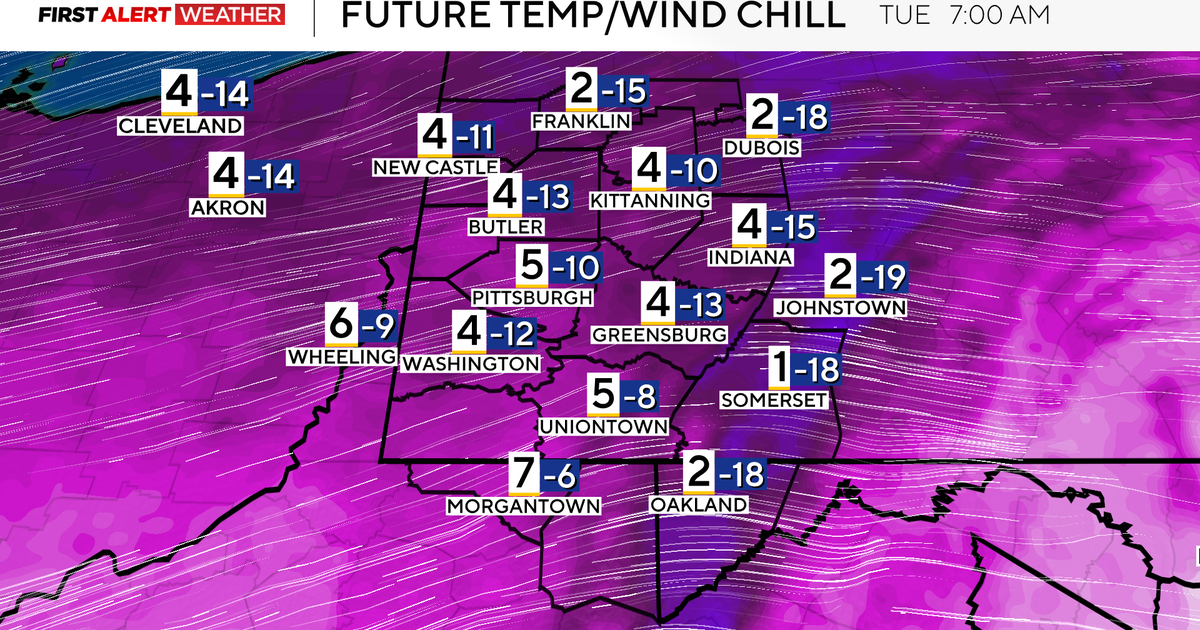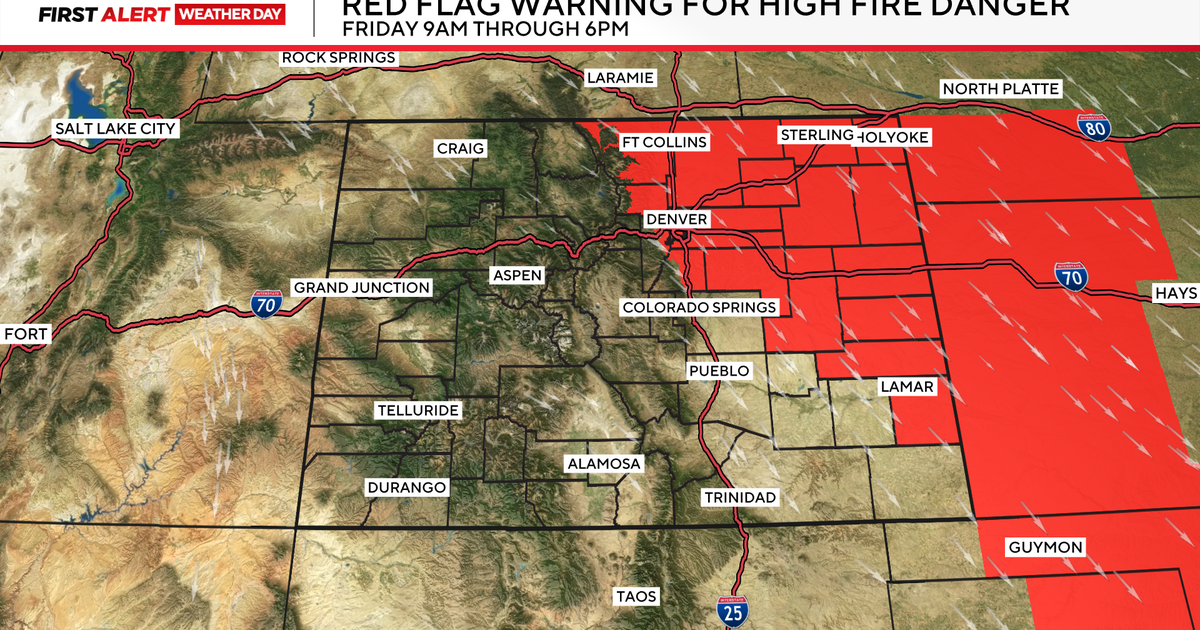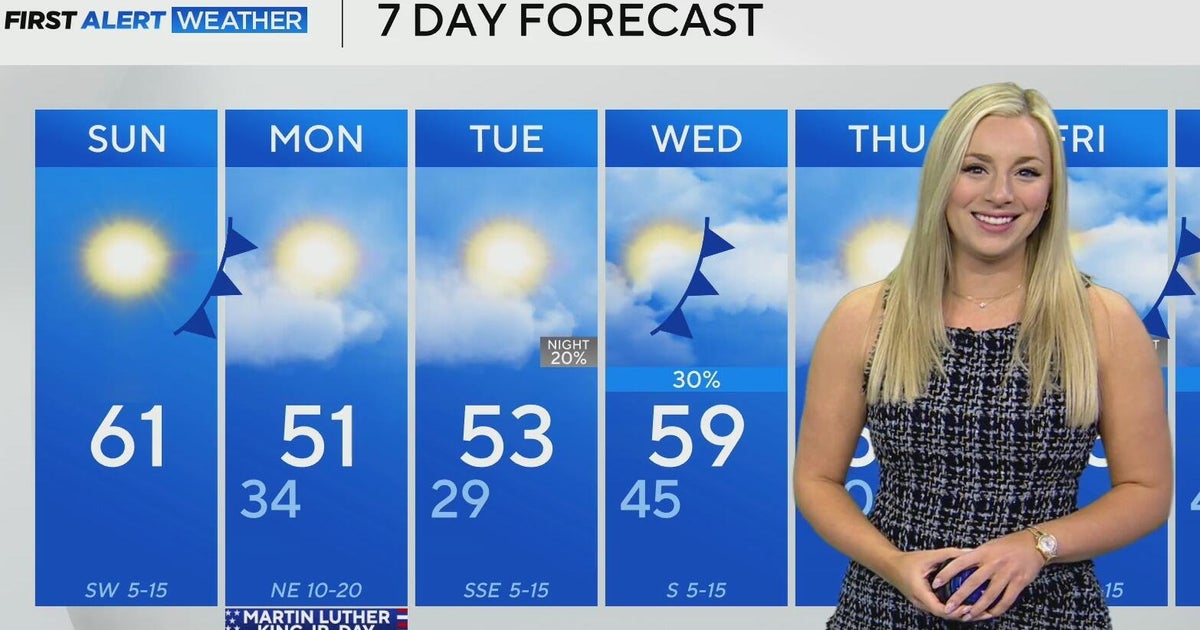Oyster farmers don't believe Vicrio vulnificus bacteria, blamed for Missouri man's death, is a concern in Tri-State Area
NEW YORK -- Health officials say Vibrio vulnificus, a rare bacteria, killed a man after he ate raw oysters from a seafood stand in Missouri.
The bacteria doesn't make the oyster look, smell or taste different.
Oysters farmers in our area are wondering if they should be concerned after a recent study found cases of Vibrio vulnificus could increase because of warmer water brought on by climate change.
Mike Martinsen, of Montauk Pearl Oysters, said the temperature of Lake Montauk was 60 degrees on Tuesday, ideal for keeping out bacteria like Vibrio vulnificus.
"It's one of those things that can keep you up at night," said Martinsen.
Missouri authorities said they found Vibrio vulnificus in a raw oyster that led to the 54-year-old man's death.
Bob Rheault, executive director of the East Coast Shellfish Growers Association, said Vibrio vulnificus is rare in the northeast.
"This is a species of bacteria that would prefer to be in low salinity waters," said Rheault. "This bacteria really loves warm water. It's happy at 95 degrees."
That's why ice is immediately dumped on batches of fresh oysters, and a shade is used to cover them from the sun.
Farmers from Montauk to the Barnegat Bay in New Jersey say they take extreme precautions, which are also state-regulated, to keep oysters cool as soon as they are taken out of the water.
Matt Gregg of the Barnegat Oyster Collective said he has not seen a case of Vibrio vulnificus in his decade of work.
"They really only grow when oysters are mishandled," said Gregg.
Tags on each harvest notate the time and temperature when the oysters were taken out. Consumers can always ask to see them.
Vinny Dimino, owner of the Sea Breeze Fish Market on 9th Avenue in Manhattan, says Blue Point oysters are caught and brought to market on the same day.
"We have an ice box. They have ice boxes. The trucks are all refrigerated," said Dimino.
A recent study on Nature.com suggests global warming and its impact on rising water temperatures could increase the number of Vibrio vulnificus cases.
"We have had some global warming, but it's been like a degree and a half over the last 50 years," said Rheault.
He's not concerned and said the CDC only reports about 60 Vibrio vulnificus infections per year, half of which are wound infections.
People who are immunocompromised should talk with a doctor before eating raw shellfish, Rheault said.








